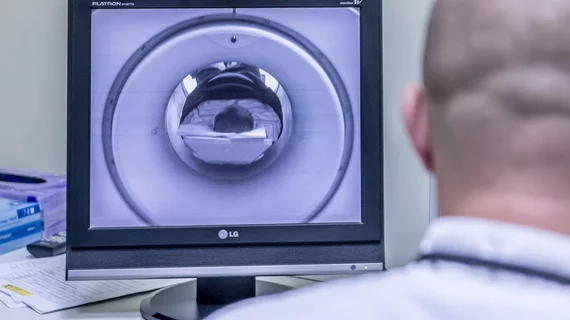Will medical imaging follow the (investor) money to in-office, AI-aided MRI?
With MRI wait times averaging more than a week for patients needing scans, the moment may be ripe for scanners that could fit into clinicians’ offices and leverage AI for optimally efficient workflows, interpretations and treatment plans.
So believes mechanical engineer Amit Vohra, PhD, MBA, who makes the case at Vator.tv.
Vohra is no dispassionate researcher or observer. He’s an investor and self-described “serial entrepreneur” who’s presently president and CEO of a company making and marketing precisely such MRI systems. (And Vator.tv’s target audience is, specifically, entrepreneurs and investors.)
Still, Vohra’s line of thinking is well enough thought through that it deserves a look from—well, from dispassionate imaging researchers and market observers.
Along the way he picks the brains of several like-minded investor/entrepreneurs.
Among them is Armen Vidian, a partner at DCVC (Data Collective), which has invested in a platform that uses AI to make ultrasound exams performable by ultrasound-naïve healthcare professionals.
Vidian’s view is that AI will be everywhere in healthcare—but not before vendors “empower those in the hospital to really bring high quality care to anyone at any touchpoint.”
To this Vohra adds that the end goal of integrating AI with in-office MRI machinery is building out a provider landscape in which “you can go into your local clinic, get a scan done, and then your doctor can do the hard work of creating a treatment plan that saves the patient’s life. It’s going to radically change healthcare in ways we can’t even imagine.”
The tone of the piece is unsurprisingly enthusiastic, but the content stops well short of deserving the label “advertorial.” To read the whole thing, click here.

